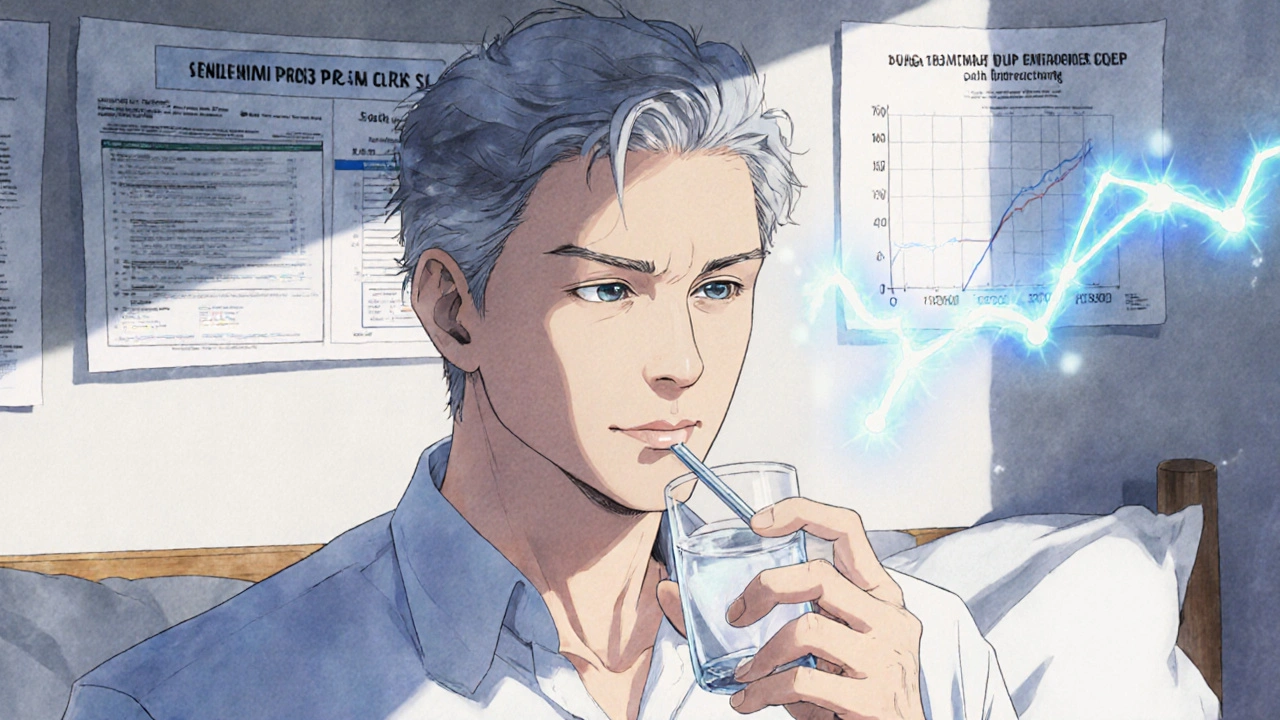Advanced Prostate Cancer: Symptoms, Treatments, and What You Need to Know
When advanced prostate cancer, a stage where prostate cancer has spread beyond the prostate gland to nearby tissues or distant organs like bones or lymph nodes. Also known as metastatic prostate cancer, it's no longer confined and requires a different approach than early-stage disease. Many men hear "advanced" and think it means no hope—but that’s not true. It means the game changes. Treatment isn’t about curing anymore—it’s about controlling, extending life, and keeping you comfortable.
One of the first signs isn’t always pain. It’s a rising PSA level, a protein produced by the prostate that spikes when cancer grows or spreads after treatment. Doctors watch it like a thermometer for cancer activity. If PSA keeps climbing despite surgery or radiation, it’s a red flag that the cancer is still active and likely has moved. Androgen deprivation therapy, a treatment that cuts off testosterone, the fuel prostate cancer cells need to grow is often the next step. It doesn’t kill the cancer, but it slows it down. Many men stay on this for years, sometimes with added drugs like enzalutamide or abiraterone to boost effectiveness.
When it spreads to bones, pain becomes real—back, hips, ribs. That’s not just aging. It’s cancer. Bone scans and PET scans help map where it’s gone. Treatments like radium-223 or targeted radiation can ease that pain and even extend survival. Chemo isn’t the last resort anymore—it’s a tool used earlier, especially if the cancer stops responding to hormone therapy. And new drugs keep coming: PARP inhibitors for men with certain gene mutations, immunotherapies for select cases. This isn’t one-size-fits-all. Your cancer’s genetics, how fast it grows, and your overall health all shape your plan.
You’ll hear about clinical trials. Don’t ignore them. Many of today’s standard treatments started in trials. If your current path is slowing down, a trial might offer something better. And don’t forget support—mental health, nutrition, physical therapy. Advanced prostate cancer isn’t just a medical battle. It’s a lifestyle shift. The posts below cover real stories and science: how hormone therapy affects energy, why some men gain weight on treatment, what happens when drugs stop working, and how to talk to your doctor about side effects that no one mentions in brochures. You’re not alone in this. There’s a lot here to help you understand what’s next—and what you can do about it.

The Benefits of Enzalutamide for Advanced Prostate Cancer Patients
Finnegan O'Sullivan Oct 31 8Enzalutamide helps men with advanced prostate cancer live longer and feel better by blocking testosterone from fueling cancer growth. It's taken as a daily pill, has fewer side effects than chemo, and is widely available under Australia's PBS.
More Detail